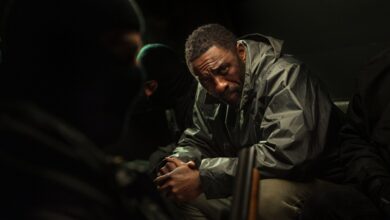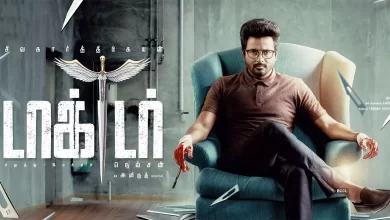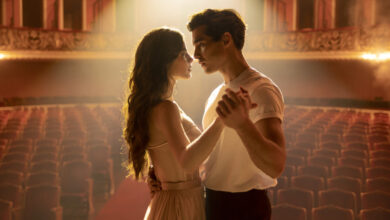The Pope’s Exorcist Review: Reserve Many Surprises For Those Who Don’t Take It Seriously
Cast: Russell Crowe, Daniel Zovatto, Alex Essoe, Franco Nero, Ralph Ineson
Director: Julius Avery
Where to Watch: in Theaters
Filmyhype.com Ratings: 3/5 (three stars)
Precisely in the year in which a cornerstone of horror such as William Friedkin’s The Pope’s Exorcist blows out fifty candles, the life – or rather, a highly fictionalized version of it – of Gabriele Amorth arrives at the cinema with Sony, one who is intended (and to which Friedkin dedicated a documentary, presented at the Venice Film Festival in 2017, almost a year after the death of the person concerned). A figure around whom, on paper, a franchise could be built (the film certainly suggests this), thus giving the major its equivalent of a universe like that of The Conjuring, also inspired by real events (and with a whole series of spin-offs that have absolutely nothing real). And it is the potential progenitor that we talk about in our review of The Pope’s Exorcist.
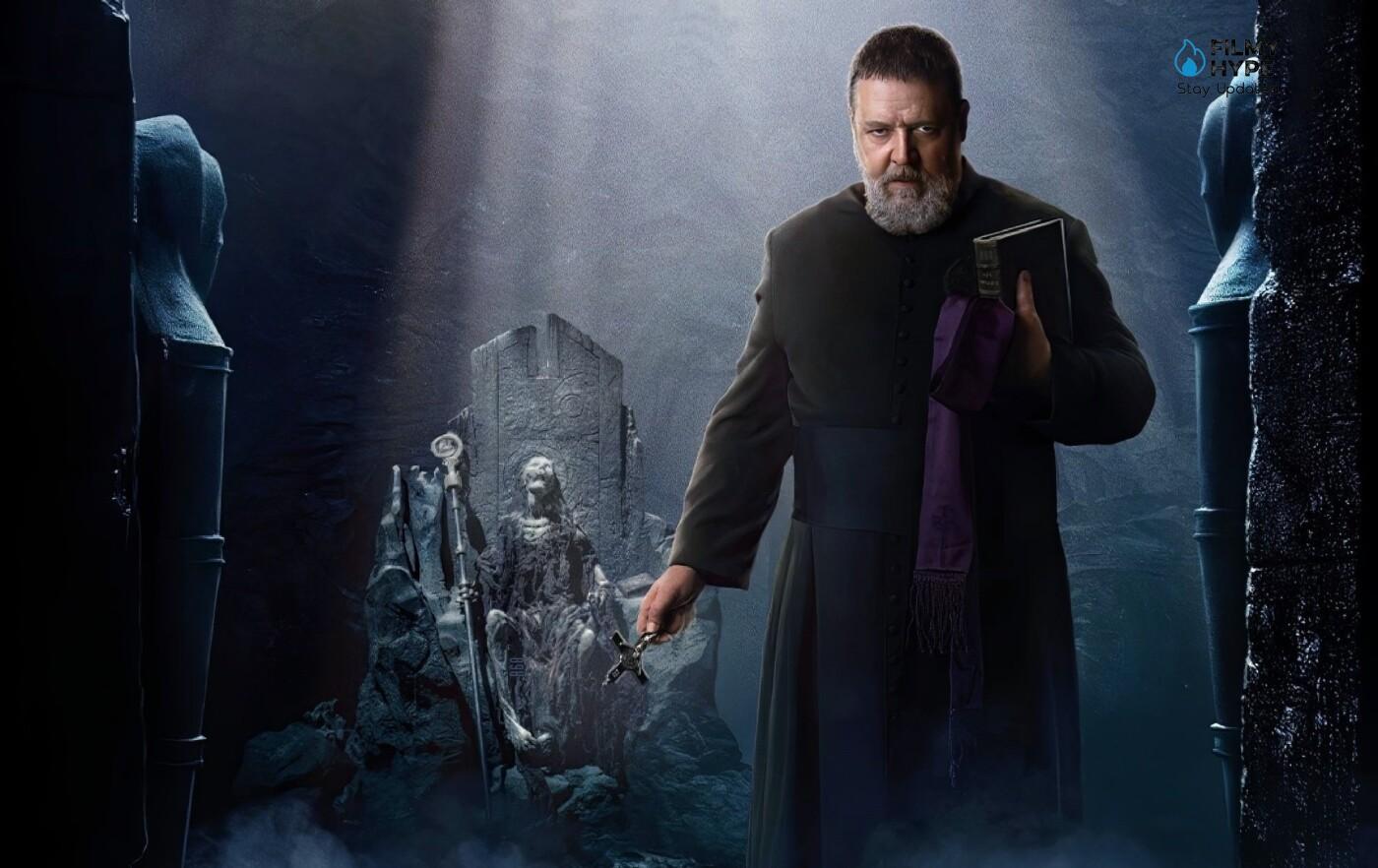
The somewhat caricatured and amused tenor of The Pope’s Exorcist can be guessed from the very first moments of the film. A white Vespa makes its way through the darkness of the Tropea countryside; above is Russell Crowe, who on this occasion wears the highly fictionalized clothes of Father Gabriele Amorth, the much-talked-about Vatican exorcist for years. They are waiting for him in a small house around which peasants with flat caps, rifles on their shoulders, and lots of pork on a leash are gathered. Inside is the demoniac, while a loaf of bread, tomatoes, and cheese is on display on the table. It is already that Italy imagined in coarse grain, evoked by a Hollywood that puts one of its recognizable faces on it and that shortly thereafter will mix everything within a very splatter and very little theological entertainment.
The Pope’s Exorcist Review: The Story Plot
Summer 1987: after an exorcism in Tropea, Gabriele Amorth, investigator of the devil on behalf of the Vatican, is summoned before a commission of younger priests who would like to abolish the clerical department dedicated to this type of activity (Amorth, contemptuous of danger and by the pontiff himself, he replies “If you have a problem, talk to my boss”). At the same time, an American widow arrives in Spain with her two children to examine the restoration work on a church she inherited through her family. Ordinary administration, except that the second-born Henry begins to feel bad and then insults his mother and sister in a deep and threatening voice, asking to meet “the priest” while strange phenomena occur around him. Amorth is sent, who with the help of the local parish priest must solve the mystery of a building with which the Church has already had to deal…
The theme of exorcism has very strong roots in the collective imagination, an imagination enriched and in many ways also determined by cinema, with William Friedkin’s masterpiece. It, therefore, seems natural to approach The Pope’s Exorcist with a good dose of fear and suggestion, given that it is inevitable to let one’s mind run to the illustrious predecessors who tell the same figures. Well, nothing more wrong, because Avery’s film does not take himself seriously at all, and rather than telling the life of one of the most controversial and somewhat influential figures of the modern Catholic Church, it makes him a sort of skeptical and reluctant superhero who takes Evil extremely seriously and his very rare, demonstrations. Because if his intervention is highly requested, Father Amorth says without mincing words that 98% of the cases that are submitted to him are resolved with psychotherapy and doctors, without disturbing the well-founded powers of the universe.
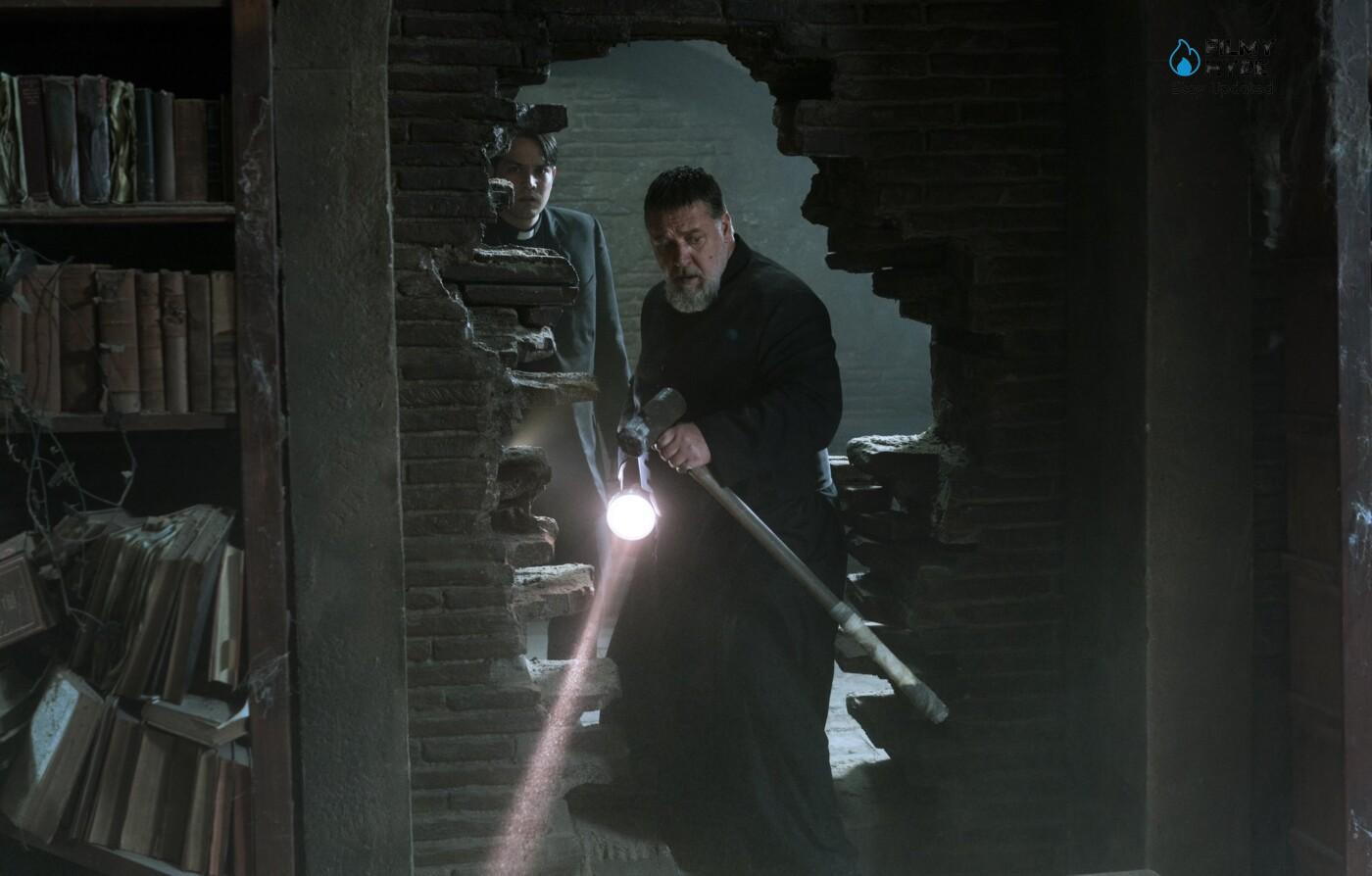
We are dealing with a very rational character, despite his profession, a man who is not only a priest but a journalist, a lawyer, a careful observer of the human soul, a person who manages to understand whom he is dealing with and when his exorcist power is really in demand. And that’s exactly what happens when he is summoned to intervene in a mysterious case of possession in Spain, in a deconsecrated abbey where a mother with two children is dealing with demonic manifestations that seem very powerful. The youngest of her sons is possessed and the demon inside asks for the “priest’s” intervention. When Amorth arrives he is loaded with baggage with the tools of the trade but also with a good dose of skepticism, given his experience of him, yet he immediately understands that that battle will be really important for his life and the life of the Church, even.
Very far from the directorial and tonal refinement of The Exorcist, Avery’s film takes its cue from it, mainly in the more splatter manifestations, to veer on the extreme fantasy, with tones and settings that are very reminiscent of a 90s aesthetic which the verisimilitude and the take themselves seriously was not contemplated at all. In light of these considerations, The Pope’s Exorcist turns out to be a very entertaining film, absolutely unpretentious, and perhaps for this very reason the right product for what the public, far from cinemas, wants to see on the big screen. The potential is endless, so much so that the story, structured like an origin story of a superhero, could even open up to a real saga starring Amorth together with Father Esquibel, the protagonist’s helper with whom a Buddy movie dynamic is established, even a right arm essential for the final victory.
The Pope’s Exorcist Review and Analysis
The Pope’s Exorcist should be taken for exactly what it seems. There is never, not even for an instant, a real attempt to reflect on the value of Father Amorth’s writings (An Exorcist Tales and New Tales of an Exorcist) around which Michael Petroni and Evan Spiliotopoulos base their film adaptation. After all, these are more of a pretext to exploit an “intellectual property” such as that offered by the name of the famous exorcist who died in 2016 and refreshes a thriving tradition of horror cinema. In short, it is to be expected a work that often prefers the stroke more of a hasty investigative thriller with horrific hues than a real horror (we are more from the parts of Supernatural, to understand), to which the film does not want to bring in anything new, on which he has no desire to expose himself with unedited arguments or take sharp turns. The Pope’s Exorcist is a film of pure entertainment, which aims to get the most out of the minimum effort.
The choice to direct Julius Avery also falls within this perspective, an honest craftsman of the supernatural who in recent years has carved out a small space for himself in the panorama of this type of work without too many expectations with works such as Overlord in 2018 and the troubled Samaritan in 2022. The muscles of The Pope’s Exorcist are therefore all in the thin border that separates the film from a splash in the water to an instant sculpt. They are in the interpretation of a Crowe having fun wearing the monk’s habit of this supernatural detective with a cocky and irreverent attitude, so out of line as to make it clear that the film’s all-in is mainly here. They are then also in the progressive descent into the most vulgar splatter and, inevitably, quotationist, from The Exorcist to Carrie – The Gaze of Satan.
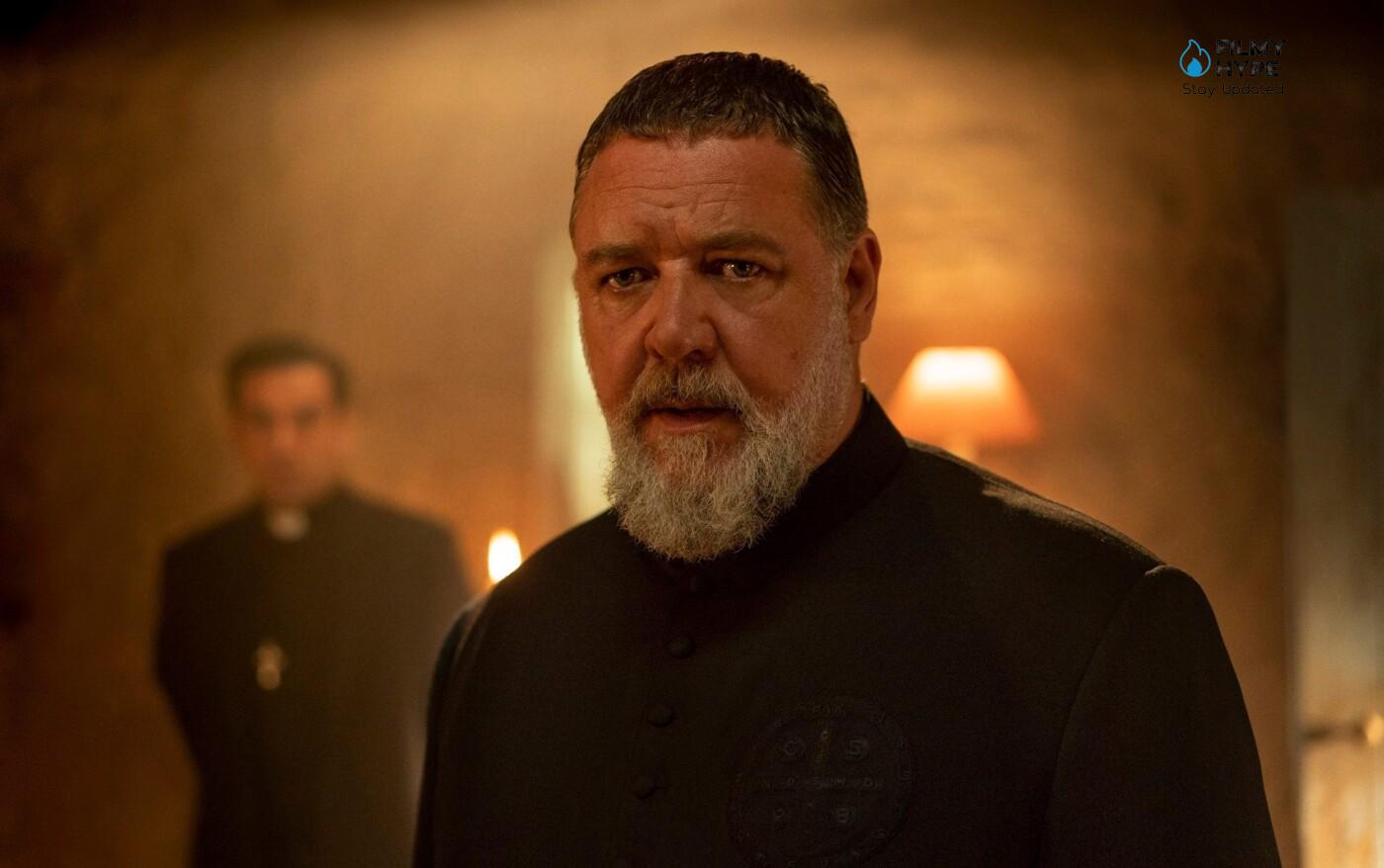
Also because all around it is not that there is so much. The other few interpreters who participate in the descent into hell are merely functional (as well as decimated by the dubbing), from the tormented sidekick who is father Esquibel (Daniel Zovatto), passing through mother (Alex Essoe), punk daughter (Lauren Marsden) and possessed son ( Peter DeSouza-Feighoney). Indeed, it also takes a rambling montage (Matt Evans) from start to finish, which gets everything wrong and creates confusion in waters in which, fortunately for him, one swims precisely because they are a rickety roller coaster. Any other way in which you want to take such an overtly crass film leads in fact to a fiasco. The Pope’s Exorcist lives and feeds on his maximum systems, his marked characters, and his spirit of doing very few things and doing them exaggeratedly. Accepted this fact, perhaps with which to settle and have fun there is also.
According to the credits, the feature film by Julius Avery (director of the acclaimed Overlord) is based on the memoirs of Amorth, who wrote several books about his business before passing away in 2016 at the age of 91. In reality, the truthfulness stops at the name of the protagonist, reinvented as a Father Merrin de’ Noantri who moves everywhere on a Vespa and advises his young colleague to learn jokes because demons hate them, occasionally conversing with the Pope who should be Wojtyla but he is a generic authority figure who gives the project the right “spiritual” weight. It is the delightful paradox of a horror subgenre, that of possession and exorcisms, which has been consecrated by a film with a mostly invented story (with vaguely real inspiration) but shot with a terrifying aesthetic adherence to reality.
And it is there that, in its way, The Pope’s Exorcist manages to emerge from the crowd, being fully aware that it cannot aspire to Friedkin’s levels and therefore opting for a more openly B-movie approach, genre contamination included (c ‘is who defined it, and not wrongly, a buddy exorcist movie). An operation whose unserious intent is evident in the choice to make Crowe speak in Italian and pass him off as a Roman by birth (the decision to entrust him, as a first line, with the phrase “Che bel pig!” is priceless), and to make Amorth the light and at times caricatured counterpart to the much more credible possessed boy. Up to a third act full of excess that embraces and at the same time elevates gender stereotypes, putting his hands forward about his wanting to be a (dis)honest forerunner for a franchise whose only claim is to entertain with a great actor who isn’t afraid to mess around between a ride on a Vespa and a dull duel with opponents from another world. From that point of view, the mission was accomplished.
The Pope’s Exorcist Review: The Last Words
The Pope’s Exorcist has no claim to seriousness. He knows he is a film that exists under his being over the top and on this awareness, he adapts every character of him, with the father Amorth of an amused Russell Crowe as the star performer. Without particular pretensions to artistic greatness, the film freely adapts the figure of Gabriele Amorth to embrace the most excessive dimension of the cinematographic trend of exorcisms in an amused way. The Pope’s Exorcist could reserve many surprises for those who don’t take it seriously and for all spectators who will approach the genesis of this new, unusual, and ironic superhero who travels the world on his Lambretta in a light and amused way.



